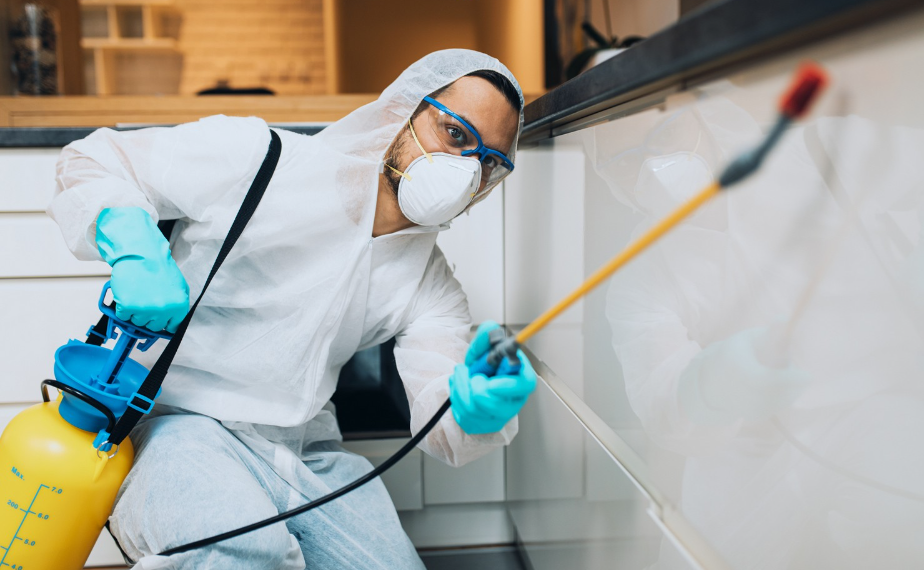6 Sustainable Approaches To Pest Control In Palmerston North
A necessary component of ensuring robust health and safety in any space is through pest control in Palmerston North. However, a lot of existing pest control methods can be harmful down the line. Increasingly, home and business owners are grappling with the impacts of intense an unregulated practices.
Therefore, it’s important to adopt sustainable approaches to pest control that are effective, safe, and environmentally friendly. In this piece, we will discuss sustainable considerations for approaching pest control.
-
Integrated Pest Management
Integrated pest management, or IPM, involves using a combination of techniques to manage pests. This includes monitoring pests, identifying the source of the problem, implementing prevention measures, and using least-toxic methods of control. The goal is to reduce the use of pesticides and other unsustainable techniques while still effectively managing pests.
-
Baits and Trapping
This approach is especially useful for controlling rodents, which are common pests virtually everywhere. Various traps are an effective alternative to traditional rodenticides, which can be harmful to non-target species.
-
Limiting Access to Food
This can be achieved by storing food in sealed containers, cleaning up spills and crumbs, and properly disposing of waste. By reducing the availability of food, pests are less likely to be attracted to a property.
-
Encouraging Alternative Food Sources
Encouraging alternative food sources can also be an effective way for pest control in Wellington. For example, providing bird feeders can encourage birds to target insects, reducing the need for pesticide use.
-
Reducing Pest Habitats
Making pest habitats more hostile and uninviting can help prevent infestations from occurring in the first place. This can entail sealing up cracks and crevices in buildings, removing debris and clutter, and reducing moisture levels. By reducing the availability of habitats, pests are less likely to establish themselves on a property.
-
Biological Control
Biological control is a sustainable approach that involves using natural predators or parasites to control pests. For example, releasing ladybugs into a garden can help control aphids. This approach is an effective alternative to pesticides, which can harm beneficial insects and have negative effects on the environment.
Conclusion
Responsible approaches are important for maintaining healthy and safe living environments through pest control in Palmerston North. Adopting sustainable pest control practices can help reduce the use of pesticides, which are harmful to the environment and human health.


